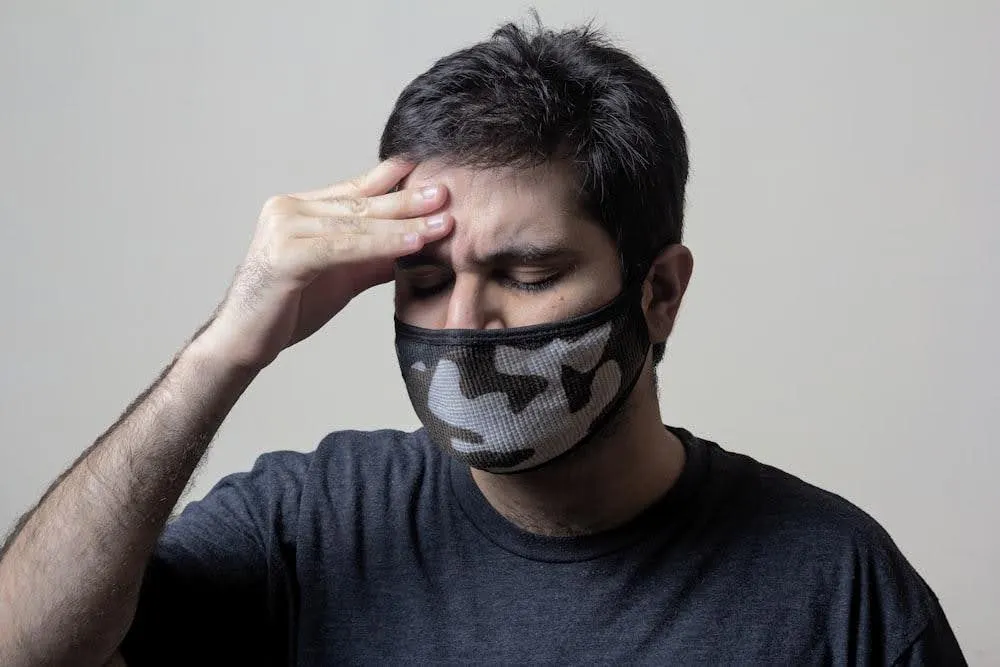Hydration is extremely crucial for overall health and well-being. Our system mostly comprises water which helps it to operate properly. Water aids in maintaining body temperature control, lubricating joints, delivering nutrients and oxygen to cells, and removing waste. The body can get dehydrated when it doesn’t get enough water, whichcauses symptoms like headaches, lethargy, dizziness, dry mouth, and constipation. In extreme circumstances, dehydration can result in life-threatening heat exhaustion or heatstroke.
Why do we need fluids for our system to work?
Fluids are necessary for us for many reasons. First of all, fluids aid in controlling body temperature because when the body becomes too hot, sweat is created, and the evaporation of the sweat cools the body. Second, fluids are necessary for the body’s systems and organs to operate properly. Thirdly, fluids are crucial for preserving the equilibrium of the body’s electrolytes, such as sodium, potassium, and chloride. Fourthly, fluids aid in hydration, which is necessary for the maintenance of healthy skin, joints, and muscles. Finally, as they aid in the breakdown of food and the passage of it through the digestive tract, fluids are essential for digestion.
What is the needed amount of fluid?
A person’s fluid requirements can change according to age, sex, degree of exercise, climate, and general health. The National Academies of Sciences, Engineering, and Medicine, however, suggest the following daily fluid intake as a general recommendation:
- About 3.7 litres (or 125 ounces) of fluids per day are recommended for adult men.
- About 2.7 litres (or 91 ounces) of fluids per day are recommended for adult women.
It is significant to remember that this advice covers fluids from all sources, including meals, other beverages, and water. It’s also crucial to pay attention to your body’s hunger signals and to quench your thirst by consuming drinks.
The Importance of Proper Hydration for Overall Health and Wellness
Making sure you’re drinking enough fluids throughout the day to meet your body’s demands is crucial for sustaining excellent health and well-being. In order to maintain good health and wellness, it is crucial to drink enough water:
- Controls body temperature: By allowing the body to create sweat, which cools the body down, proper hydration aids in controlling body temperature.
- Supports a healthy digestive system: Drinking enough water can help to soften stool, which can assist to encourage regular bowel movements and prevent constipation.
- Improves physical performance: Staying well hydrated is essential for improving physical performance since it keeps fluid balance in check and reduces weariness while exercising.
- Supports healthy skin: Drinking enough liquids helps support healthy skin by keeping it moisturised, reducing dryness, and fostering a youthful appearance.
- Helps prevent headaches: Proper hydration can help to prevent or lessen the symptoms of headaches and migraines, which can also be brought on by dehydration.
- Supports healthy kidney function: Drinking enough fluids is essential for healthy kidneys because they wash out waste and help prevent kidney stones.
- Enhances cognitive function: Drinking enough water can help you be more focused, alert, and remember things.
- Helps prevent infection: Drinking enough liquids can support the body’s immune system and aid to stave off diseases including urinary tract infections.
- Prevents muscle cramps: Muscle cramps can be caused by dehydration, thus maintaining appropriate hydration is essential for avoiding this painful condition.
- Supports attempts to manage weight: Staying well hydrated can assist to curb hunger and increase feelings of satiety.
How does one know that they are drinking enough?
Examining the colour of your urine is one technique to find out if you’re getting enough fluids. Generally speaking, if your pee is clear or pale yellow, you are likely well hydrated. On the other hand, if your urine is dark yellow or amber in colour, you might need to drink more water. Paying attention to your thirst cues is another approach to checking if you’re getting enough fluids. It’s a good idea to rehydrate your body by drinking water if you’re thirsty.
Individual fluid requirements can differ based on things like age, sex, activity level, climate, and general health, so it’s vital to keep that in mind. As a result, it’s critical to pay attention to your body’s cues and modify your fluid intake as necessary.
Conclusion
In conclusion, it should be noted that adequate hydration is crucial for overall health and well-being. It is essential for maintaining good organ function, regulating body temperature, enhancing physical performance, and supporting healthy skin and digestion. Getting adequate water can also support weight management and help prevent infections, migraines, and muscular cramps. Keep track of your fluid consumption, pay attention to your body’s cues that you’re thirsty, and check the colour of your urine to make sure you’re getting enough liquids. You can assist your body’s processes and keep yourself healthy by drinking enough water.










































